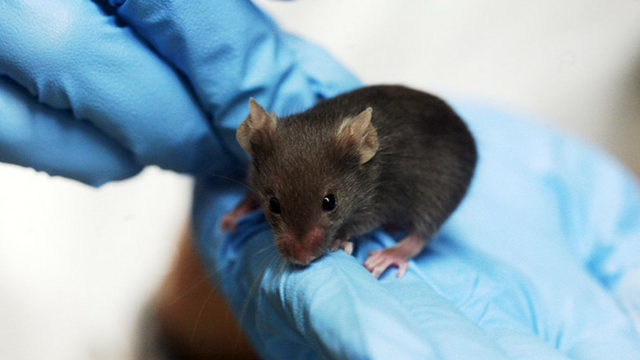 WIKIMEDIA, RAMAAscorbate, also known as vitamin C, plays a key role in determining whether blood-forming stem cells will become cancerous, according to a study of cell cultures and mice published today (August 21) in Nature.
WIKIMEDIA, RAMAAscorbate, also known as vitamin C, plays a key role in determining whether blood-forming stem cells will become cancerous, according to a study of cell cultures and mice published today (August 21) in Nature.
Both human and mouse hematopoietic stem cells are flush with high levels of ascorbate that progressively decrease as the cells develop, the scientists found. Using mice genetically deficient in gulonolactone oxidase—the enzyme the animals need to synthesize vitamin C—the team demonstrated that ascorbate suppresses leukemia progression while ascorbate deficiencies can accelerate the cancer’s development.
“Stem cells need ascorbate to regulate gene expression. They soak up higher levels of ascorbate than other cells,” says coauthor Sean Morrison, director of the University of Texas Southwestern Children’s Medical Center Research Institute. “Our data begin to explain the longstanding epidemiological evidence for why humans with lower vitamin C levels get more cancer.”
The researchers also found that depleting ascorbate drives leukemia in mice by impinging on the function of ...



















